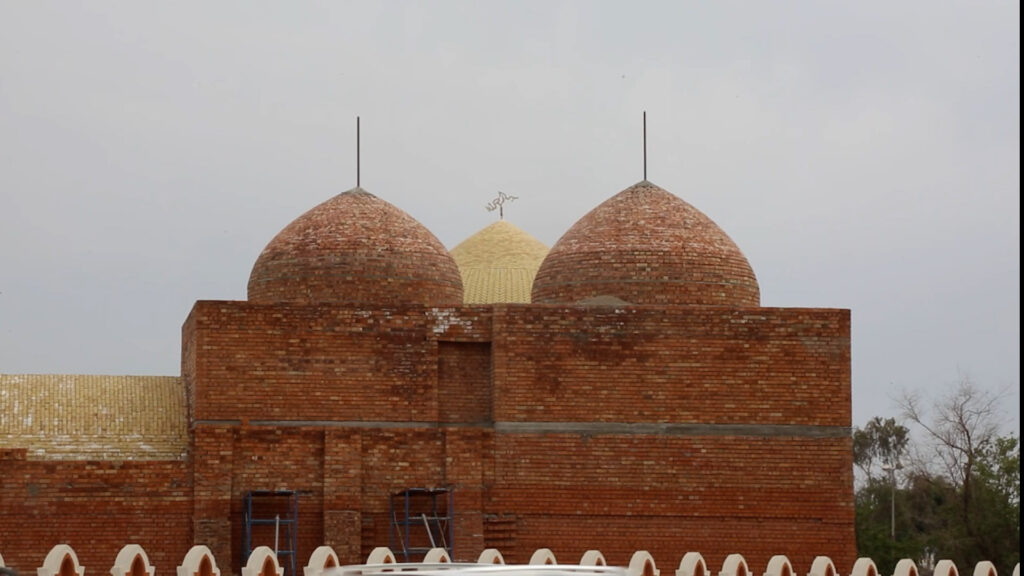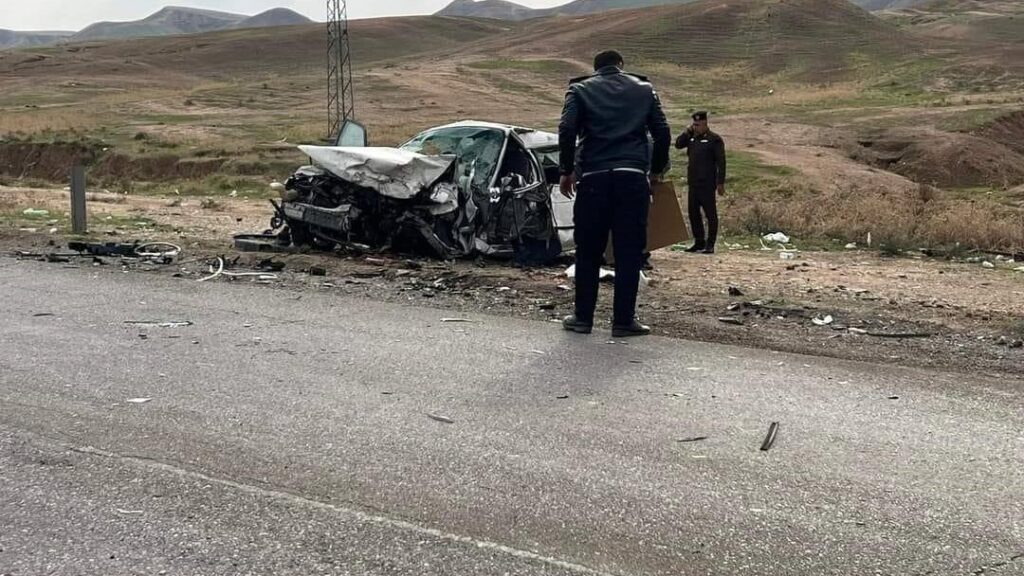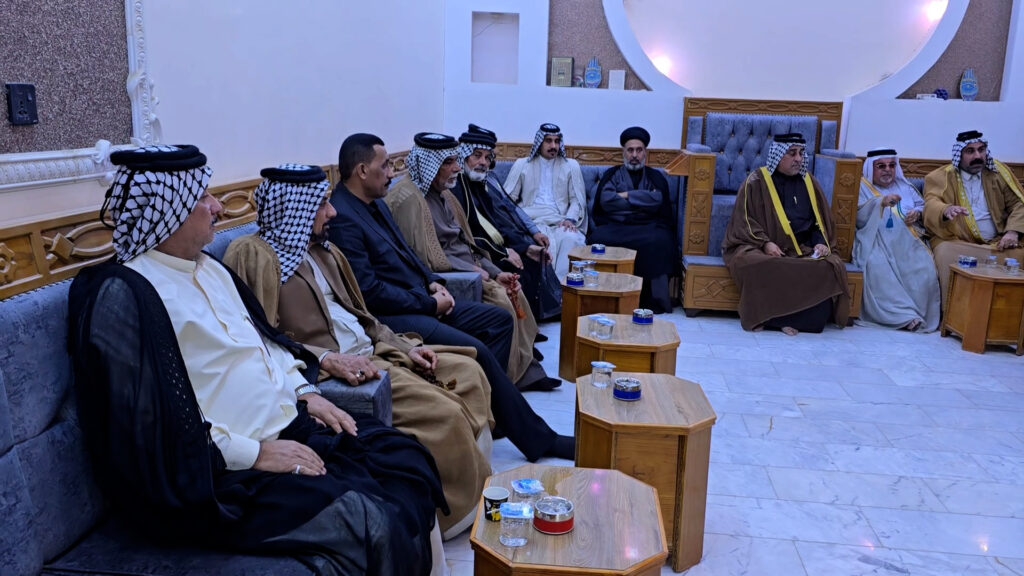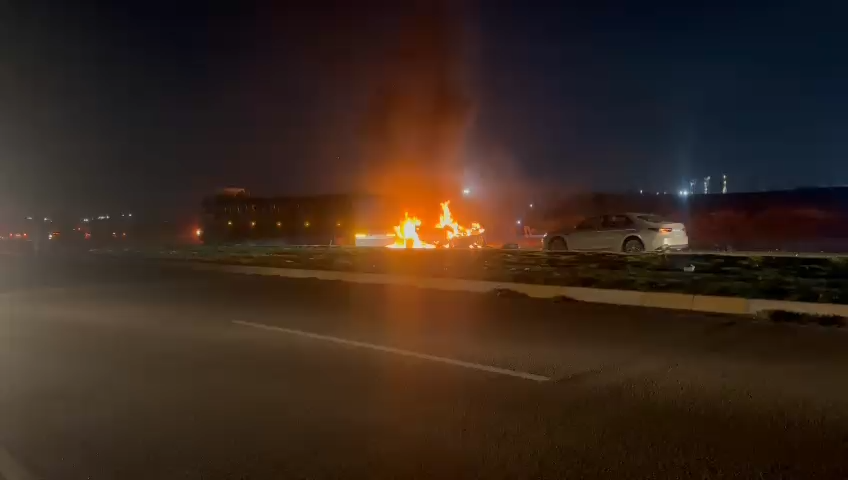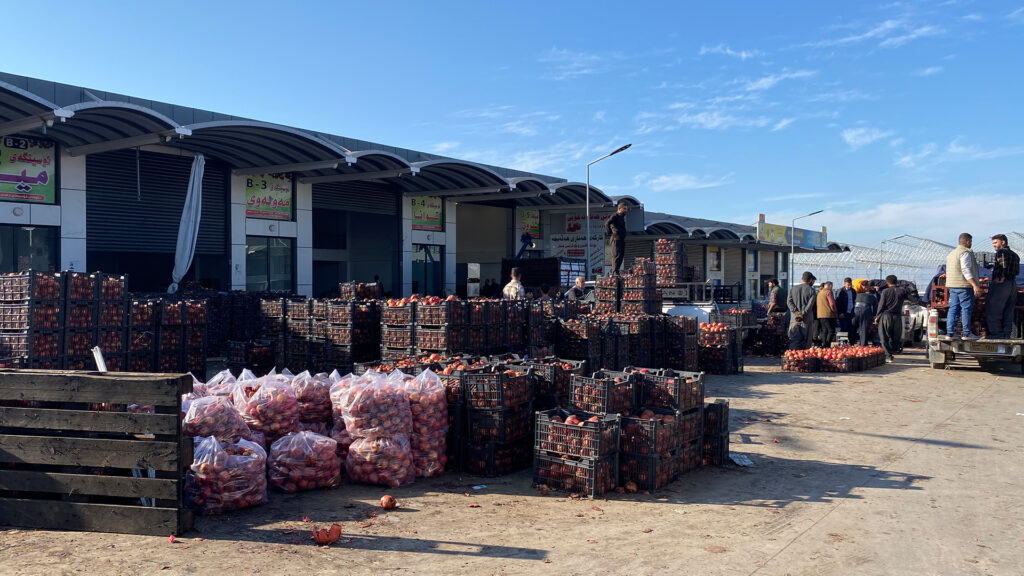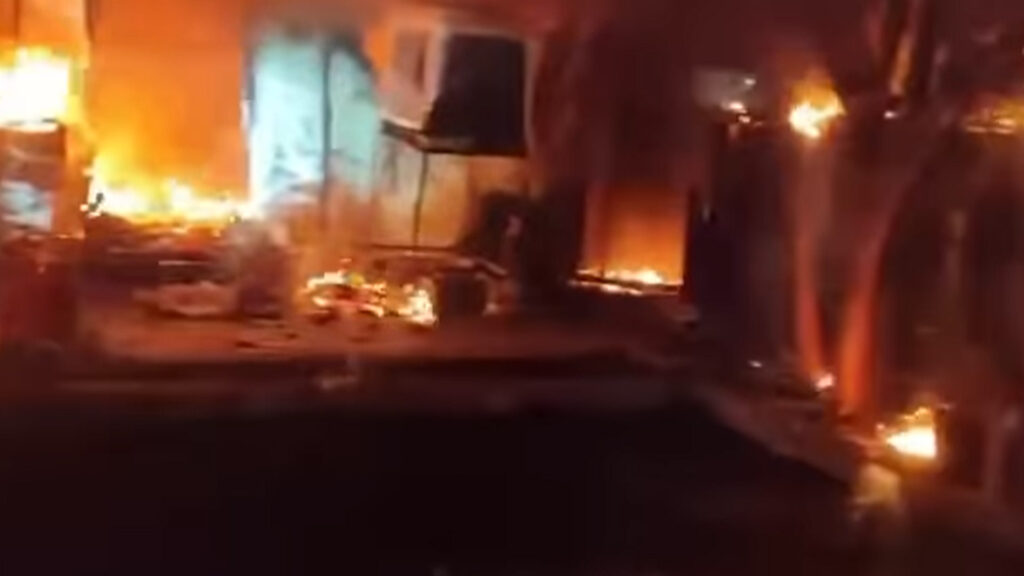What Is U.S. Cooking Up for Iraq?

BAGHDAD -- An Iraqi lawmaker says the parliament will summon Prime Minister Mustafa al-Kadhimi for explanation over the United States’ continued violation of the country’s sovereignty and plans to target anti-terror Popular Mobilization Units (PMU) or Hashd al-Sha’abi.
Abdul Amir al-Taeiban of Al-Sadiqoun bloc said the parliament is “serious” about holding a session, with Kadhimi and members of his cabinet in attendance, to review the recent developments in Iraq and the breach of its sovereignty by Washington.
“As long as the U.S. embassy is in Baghdad, Iraq will not witness calm. The shooting by the U.S. embassy is a clear violation of Iraqi sovereignty. Thus, an action must be taken to recognize what the U.S. embassy did,” Al-Ahed news quoted Taeiban as saying.
The remarks came one day after the U.S. embassy in Baghdad activated its C-RAM systems and alarm sirens as part an alleged security drill.
A security source told Shafaq news agency that missile remnants fell on Al-Karama Hospital in central Baghdad, but no casualties were reported.
Latest reports suggest the Pentagon is seeking permission from U.S. President Joe Biden to attack PMU positions in Iraq.
In early 2003, the U.S. invaded Iraq under the later debunked pretext that the regime of Saddam Hussein possessed weapons of mass destruction.
It withdrew soldiers from Iraq between 2007 and 2011, but redeployed them in 2014 along with other partners to allegedly counter the threat from the Daesh terrorist group.
On January 3, 2020, the U.S. assassinated Iran’s legendary anti-terror commander Lieutenant General Qassem Soleimani and his Iraqi trenchmate Abu Mahdi al-Muhandis, deputy head of the PMU, in a fatal drone strike near Baghdad airport.
Two days later, the Iraqi parliament unanimously approved a bill, demanding the withdrawal of all foreign military forces led by the United States from the country.
Since then, however, Washington has been dragging its feet on the pullout and targeting anti-terror groups from time to time.
On Sunday, an Iraqi security official said the United States is targeting Hashd al-Sha’abi in a bid to resurrect Daesh that had wreaked havoc in the Arab country since 2014 but was defeated in late 2017.
“Washington succeeded in enabling terrorists to enter the Al-Jada’a camp in Nineveh province by transferring them from the Al-Hawl camp in Syria. This shows that the U.S. wishes for a resumption of terrorist operations in Iraq,” Ali al-Waeli said.
Al-Waeli said Iraq’s security forces should closely watch the terrorists’ movements in hotspots where they are still operating.
Nasir al-Shamas, a Syrian security expert, also warned of the United States’ moves to target the PMU and leveling accusations against the resistance group.
“The American forces resorted to direct confrontation (with PMU) after they were faced with major obstacles in smuggling narcotics and weapons for the terrorists on the Syrian-Iraqi border caused by Hashd al-Sha’abi and its supporting forces,” al-Shamas said.
Iraqi security forces recently arrested Qasim Muslih, a senior official with the PMU, in Baghdad on charges of involvement in several attacks including the most recent attack on Ain al-Asad.
Iraq’s Defense Minister Juma Anad on Saturday described Muslih’s arrest as a “wrong move,” adding that his case has been dealt with in a wrong way and the solution to the issue is not right, either.
On the arrest, al-Waeli said the U.S. is behind the targeting of PMU commanders so as to pave the way for Daesh terrorists to enter Iraq’s Al-Anbar province once again and resume their terrorist activities there.
According to al-Shamas, the latest “suspicious movements” were made to distract public attention from the Palestinian resistance and their achievements, and to get Iraq’s resistance involved in a domestic war.
“The U.S. government’s actions in the future will not be military, but in the first place, giving false information to the Iraqi government about Hashd al-Sha’abi forces and other Iraqi security commanders,” the Syrian security expert added.
The Daily Caller reported on Friday that the Pentagon is planning to seek approval from Biden on strikes on Iraq’s anti-terror groups.
Biden’s first military strike on other countries’ soil was against the PMU at a border point in Syria’s eastern province of Day al-Zawr, only a month after he assumed office.
On Saturday, the Washington Post said U.S. military officials are “increasingly alarmed” by drone attacks from anti-terror resistance groups in Iraq, which are posing a growing threat to American
military bases and diplomatic facilities in the Arab country.
Citing U.S.-led coalition officials, the Post said Iraqi resistance groups have over the past months turned to the use of highly sophisticated drones against American forces and U.S. diplomatic missions in the country.
A coalition official described the evolving drone capability as the U.S. military mission’s biggest concern in Iraq. Instead of using rockets, the daily said, the resistance groups are increasingly using “small, fixed-wing drones that fly too low to be picked up by defensive systems”.
Referring to two drone attacks against American bases in Iraq in April and May, the Post said the drone threat had raised the prospect of a sudden escalation of violence.
In April, the Ain al-Asad airbase in Iraq’s western province of Anbar housing American troops came under attack, in which a hangar for U.S. military aircraft was completely damaged.
Ain al-Asad has been targeted several times since Iran launched a barrage of missiles at the base on January 8, 2020, as part of its retaliation for the U.S. assassination of General Soleimani.
Attacks on American military interests in Iraq have risen in number and frequency since early last year, when the U.S. drone strike also martyred al-Muhandis.
Both men enjoyed huge reverence for their contribution to the regional anti-terror fight, with General Soleimani winning fame as the region’s most decisive and popular counter-terrorism commander.
Last month, Iraq and the U.S. said they had agreed on the eventual withdrawal of U.S. “combat” troops from Iraq, and that the two sides would hold talks to work out the timing.
Iraqi resistance groups have warned that they will treat the American troops as occupying forces, pledging to take up arms against them if they refuse to leave their country.

